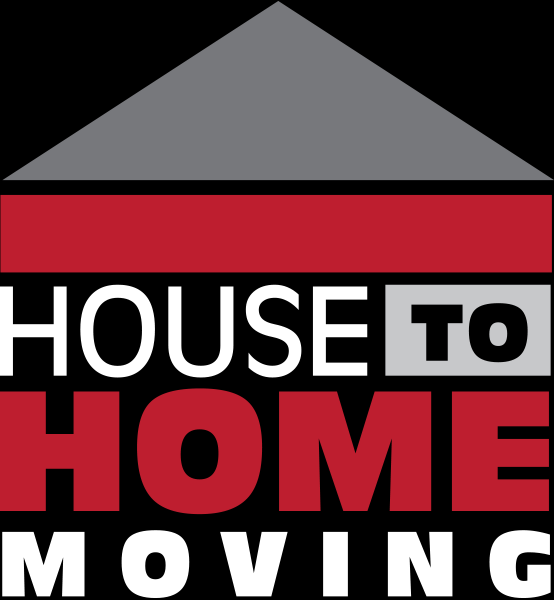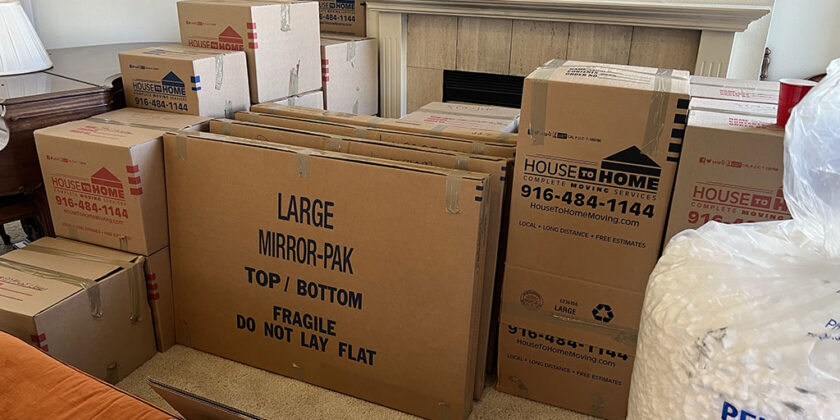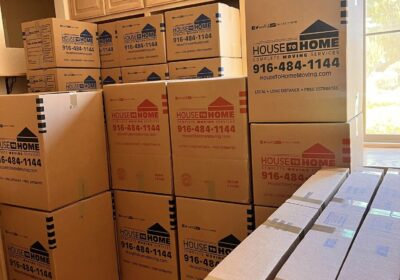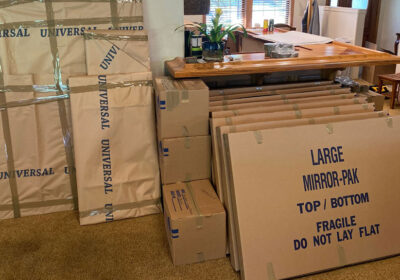
Some of the important documents to take with you when moving will be neatly stacked in your filing cabinets, others will be scattered around your home, and still others will have to be retrieved from different institutions. You are going to need.
Personal ID documents – gather your and your family members’ birth certificates, passports, driver’s licenses, social security cards, marriage certificates or divorce certificates (if any), military documents (if applicable), etc. and put them in a small fireproof lockbox. Have in mind that you may need these documents along the way or before your shipment has been delivered to your new home, so keep them at hand all the time.
Moving documents – when you sign a contract with your chosen movers, they should provide you with a number of important documents, such as a binding estimate, an inventory list, moving-guide pamphlets with lots of useful information and practical tips, etc. You will need to consult these documents (as well as your personal moving calendar and your customized moving checklists) frequently throughout the moving process, so keep them in a secure and easily accessible location (separate from your other documents) until moving day. When the moment comes to leave your old home for good, put all the moving related paperwork in the lockbox with the rest of your documents and take them with you.
Financial documents – keep your credit cards, your bank account statements, saving statements, bank transaction statements, loan papers, income tax papers, tax receipts, and tax deduction bills safe and away from other people’s eyes. It is also a good idea to designate a separate plastic sleeve of your documents’ folder where to put all the receipts for moving-related expenses, as well as any receipts from charity organizations you have donated items to before your move. You will need these receipts for tax deductions at the end of the year.
Property-related documents – selling and buying agreements, lease copies, mortgage documents for both your old home and your new residence, insurance policies for your property, auto insurance cards, registration documents of motor vehicles and other property related documents are also among the important documents to keep when moving house.
Medical records – visit your doctor shortly before your move and obtain all the medical documentation you are going to need in your new city – records of your and your family members’ vaccinations, health problems, specific medical needs, etc. Also, have your prescription medicines transferred and don’t forget about your dentist records either. If you have pets, you’ll have to retrieve copies of their veterinary records and vaccination certificates, as well.
School records – don’t forget to collect your children’s school records, as you will need them to enroll your kids into new educational facilities after the relocation. If your child is applying for a college or university, be sure to request certified copies of his/her school transcripts.
Whether you are moving for work or in pursuit of better employment opportunities, make sure you have your professional licenses, skills qualifications, degree certificates, and letters of reference with you.
Any contracts, warranties, manuals, etc. may also come in handy under certain circumstances, so it is a good idea to bring them along to your new home. Also, prepare a list of important phone numbers (emergency numbers, medical facilities, auto services, your moving company, the hotel you intend to spend the night in on the way to your new home, friends and relatives, etc.) you can easily access at any time. It is essential to have all these phone numbers written on paper as your phone may run out of battery or get damaged.




